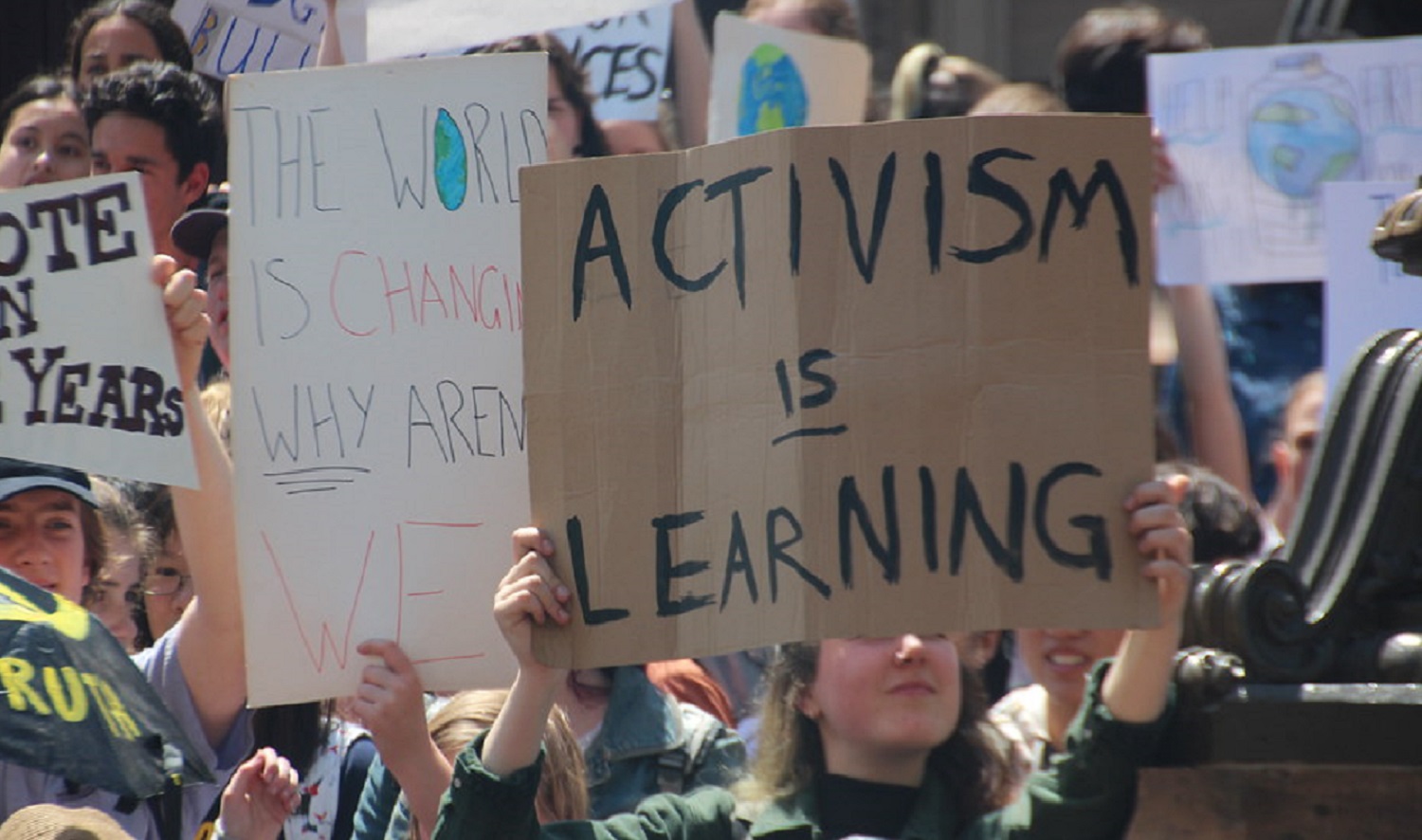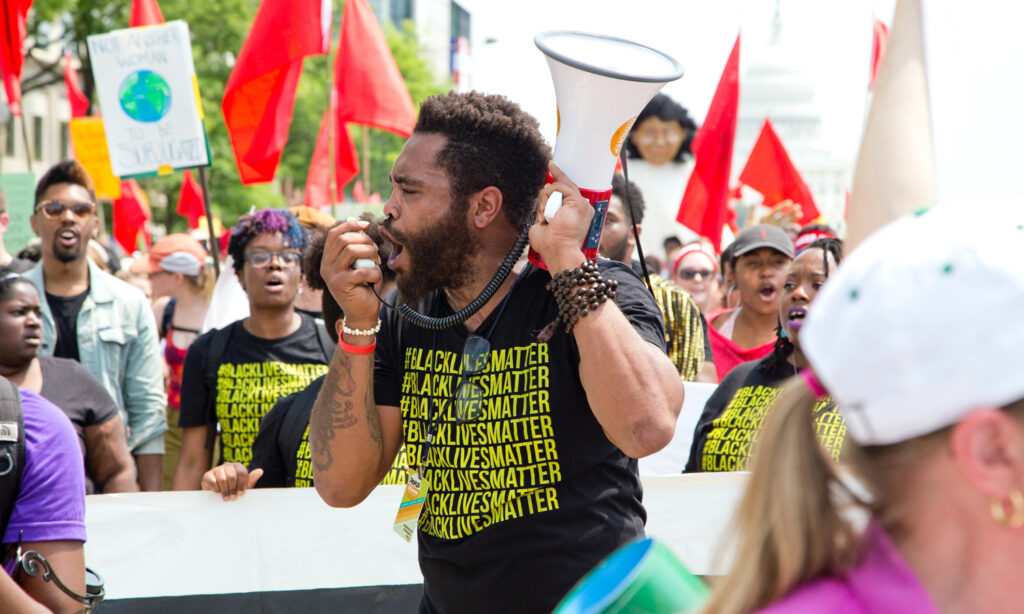Research Advocates Must Be Bolder, Deeper and More United
Shaping Horizon Europe's successor means learning from past setbacks.

Send us a link
Shaping Horizon Europe's successor means learning from past setbacks.

The fight for science is far from over, so what does it take to bring science advocacy into the classroom and beyond?

On March 4, 1969, the Union of Concerned Scientists held its first public event at MIT with the goal of disrupting teaching and research to give way to a different kind of teaching-reflecting on the misuse of scientific knowledge. It's relevance is continued.

With rightwing demagogues gaining power and public debate getting nastier, many are calling for a return to a more sensible politics. But this approach has its own fatal flaws.

Science is never the work of one person; it is the collaborative effort of students, technicians, professors, librarians and the support networks around them. This week, millions of girls and women around the world who have been told science is not for them found a new role model in Bouman - a new data point that told them yes you can.
The eLife Early-Career Advisory Group open applications for researchers who wish to join the second edition of the community advocacy programme.